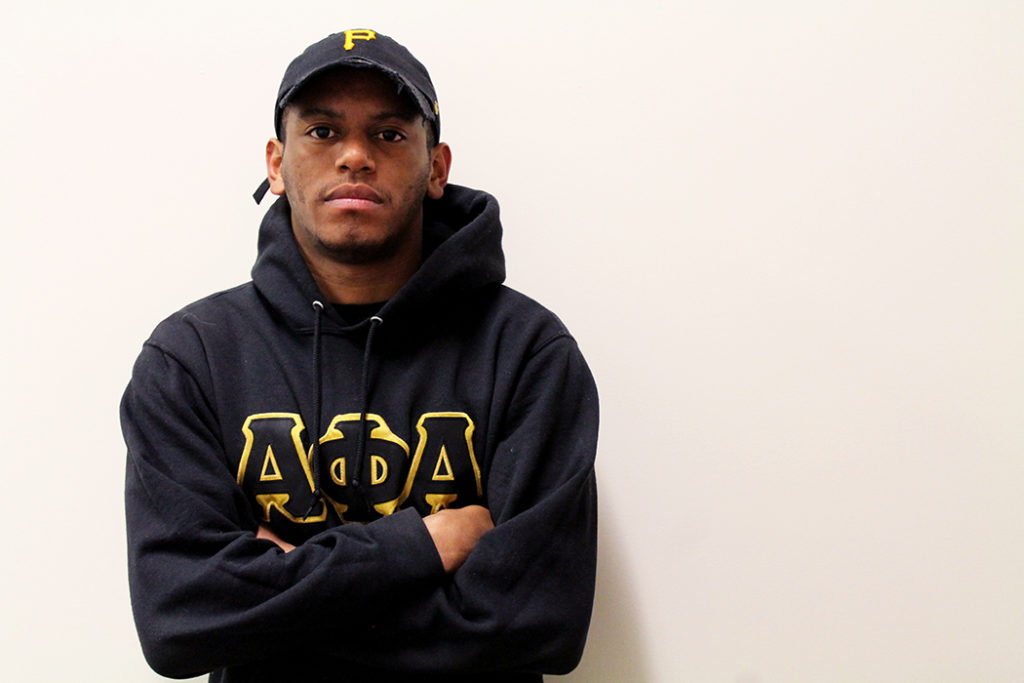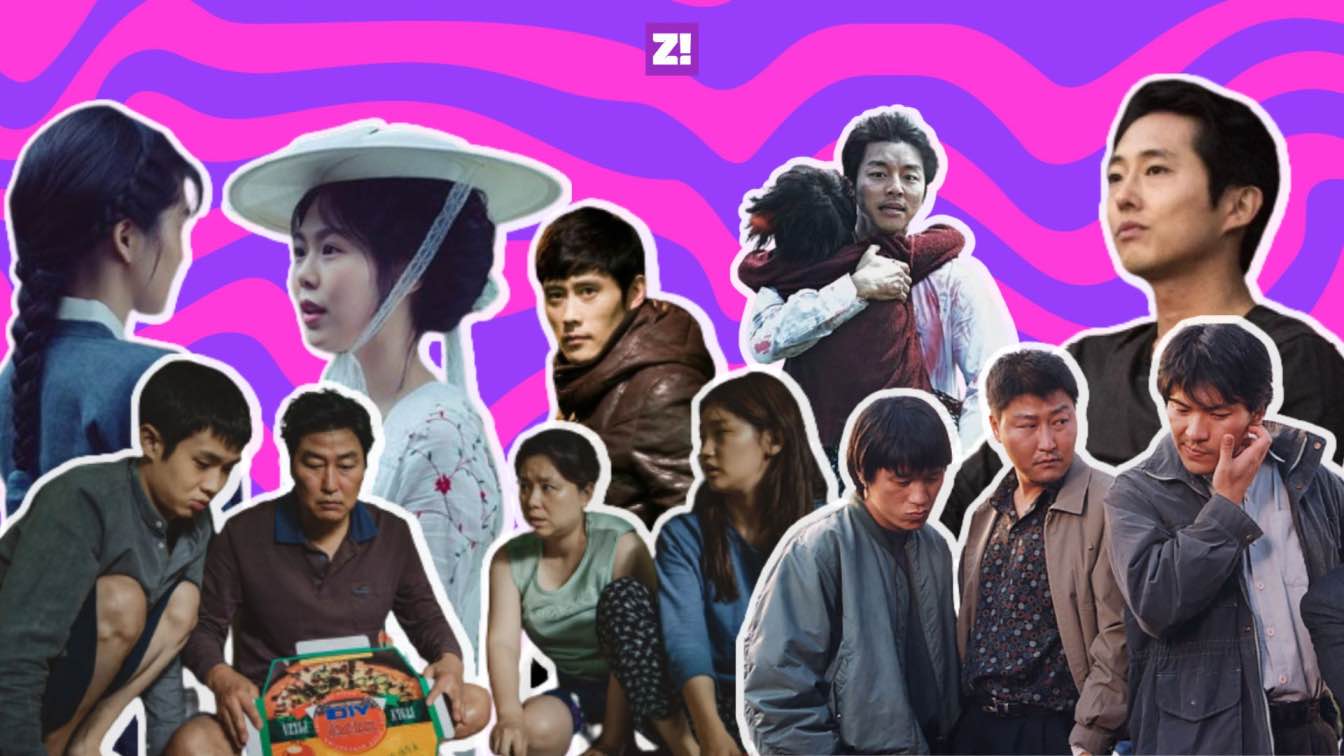
Fraternities are a prominent part of the American university experience. As Nigerians living in Nigeria, our first introduction to the idea of fraternities tends to come from movies and TV shows with “bros” throwing parties and just doing the most. And while fraternities have a place in Nigerian university culture as well, dating back to 1952 when Wole Soyinka and a few other men established the Magnificent Seven, the activities of violent cult groups seems to have drowned out actual fraternities — but they still exist. We spoke to some men about their experiences with these non-violent fraternities over the years and how they impacted their lives.
Frederick, 29
Fraternities in Nigeria aren’t the same as what you’ve seen on American TV — at least not in my own experience. For one, while we had parties and get-togethers, we didn’t all live together or have this very bro-centric lifestyle. Funny enough, it was a lot of work because the fraternity I was a part of during my university days was heavily focused on academic excellence. I had joined in my second year following an invite from my roommate and in my head, I thought we’d be getting wasted all the time but alas. For someone who was very into books at the time, would I have preferred a frat that helped me escape academics? Yes. But I stayed because I still got to meet amazing people. Plus, my first internship which led to my first actual job was set up by an alumni frat brother. That’s a W.
Ufedo, 25
My experience with the fraternity I joined in university was toxic as hell. No, it wasn’t like a cult with people constantly fighting or getting killed, but it was weird nonetheless. Our toxicity was rooted in elitism and misogyny. I come from a popular wealthy family and I think that was why they approached me. I was also naive and didn’t have friends so I joined. Looking back, I realise we were big assholes in the way we treated girls, passing them around and slut shaming them every chance we got. To us, it was “bros being bros” and honestly, it was — and still is — a reflection of a society that tolerates and rewards bad behaviour from men. I can admit all of this now because I’ve had to reflect and work on myself. But given another chance, I wouldn’t be a part of something like that again.
Nnamdi, 42
I don’t know what frats look like now, but in my time, it was super organized and strict. My dad had been a frat member and since I ended up at the same school he attended, I had no choice but to join as well. It wasn’t a bad experience, but it wasn’t great as well. First, I had the pressure of living up to the expectations the fraternity had of me based on who my dad was. And then I also had to live up to my dad’s expectations as well. It was a lot. Back then, we had to plan a lot of events from clean-ups of the school’s premises to intellectual debates with other fraternities. Between all of this and regular school work, I didn’t have a life of my own. I just went through five years without having experiences that were uniquely mine. Sometimes being a part of a unit can be suffocating if you don’t create balance. That’s the lesson I had to learn.
Kenneth, 30
Joining a fraternity in university was one of the best decisions I ever made for sure. Moving from Lagos to the East, I was in a school far from home and in a place where the culture and language were completely different from what I was used to. It took joining a fraternity for me to fit in. Seeing these guys from different states and studying different courses banding together as brothers gave me a family away from home. We would all hang out together, throw the craziest parties, help one another get babes and sometimes dress up in similar outfits — which in hindsight was a bit much — but I needed to feel like I was a part of something. I’m glad I got the frat experience. I still talk to my frat brothers today, even though it’s been almost nine years since I graduated.
Sholape, 28
My biggest issue before I joined was differentiating between a fraternity and a cult. A fraternity approached me in my first year of university and since I couldn’t immediately tell the difference, I thought it was a cult and fearing for my life, I didn’t think I had a choice. I joined out of fear. LOL. I think it was during the first meeting that I realised these were just boring guys that liked to wear collared shirts and red ties like choir members twice a week. It was a huge relief and I remained a member because, why not? I don’t think it did anything for me aside from helping me pass time in a school I hated. Then again, I was a very “meh” member who didn’t give a shit.




